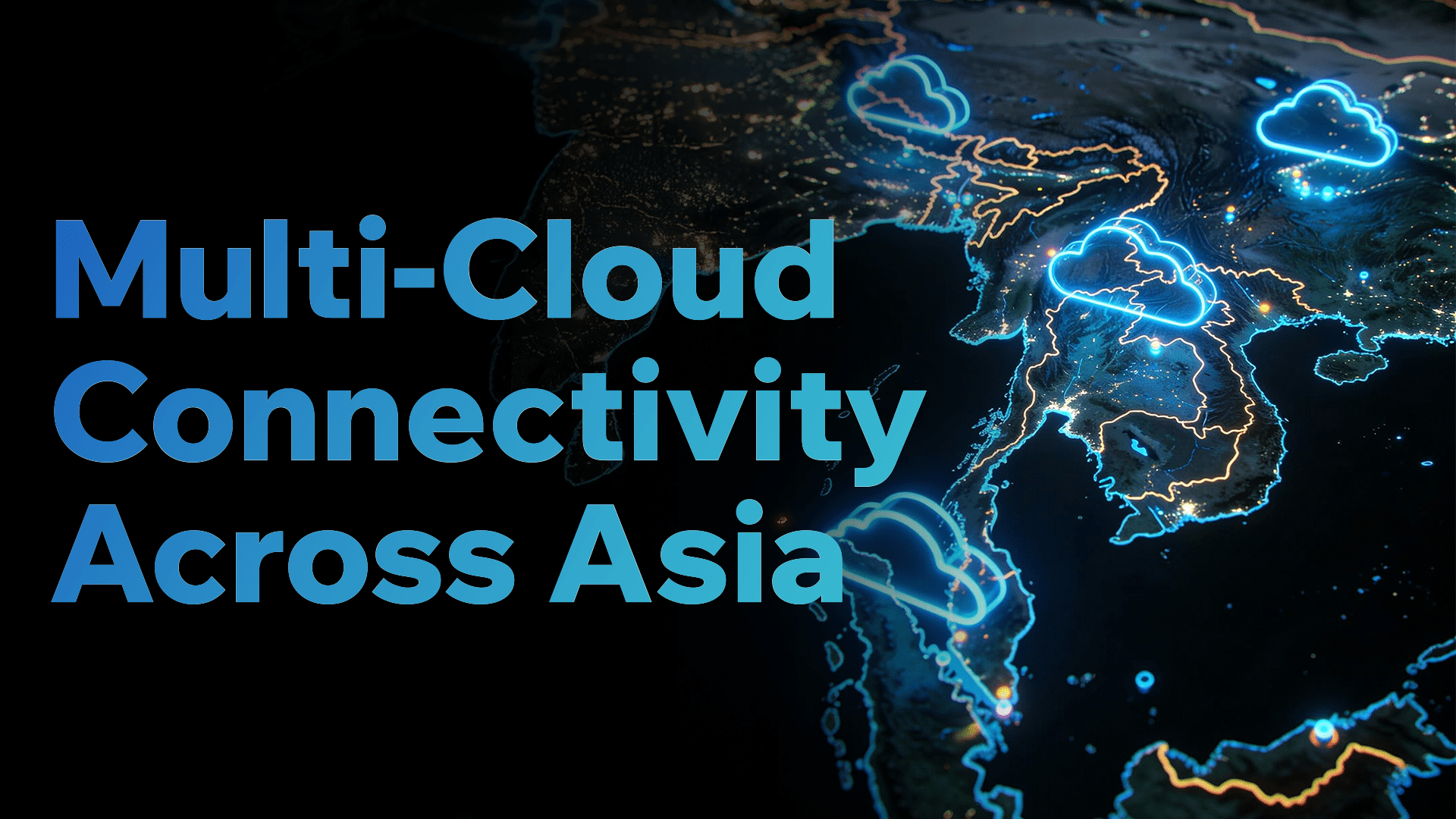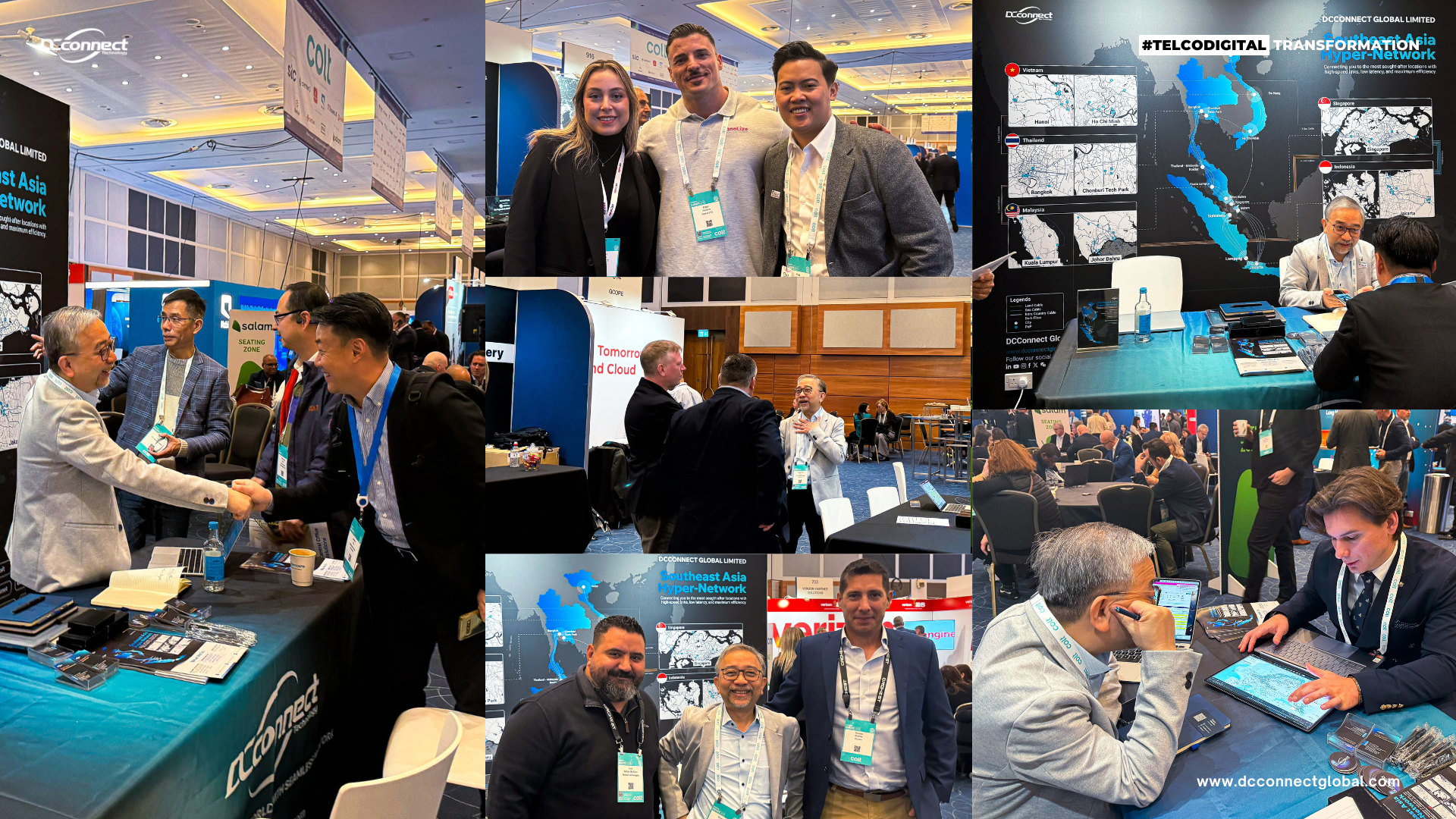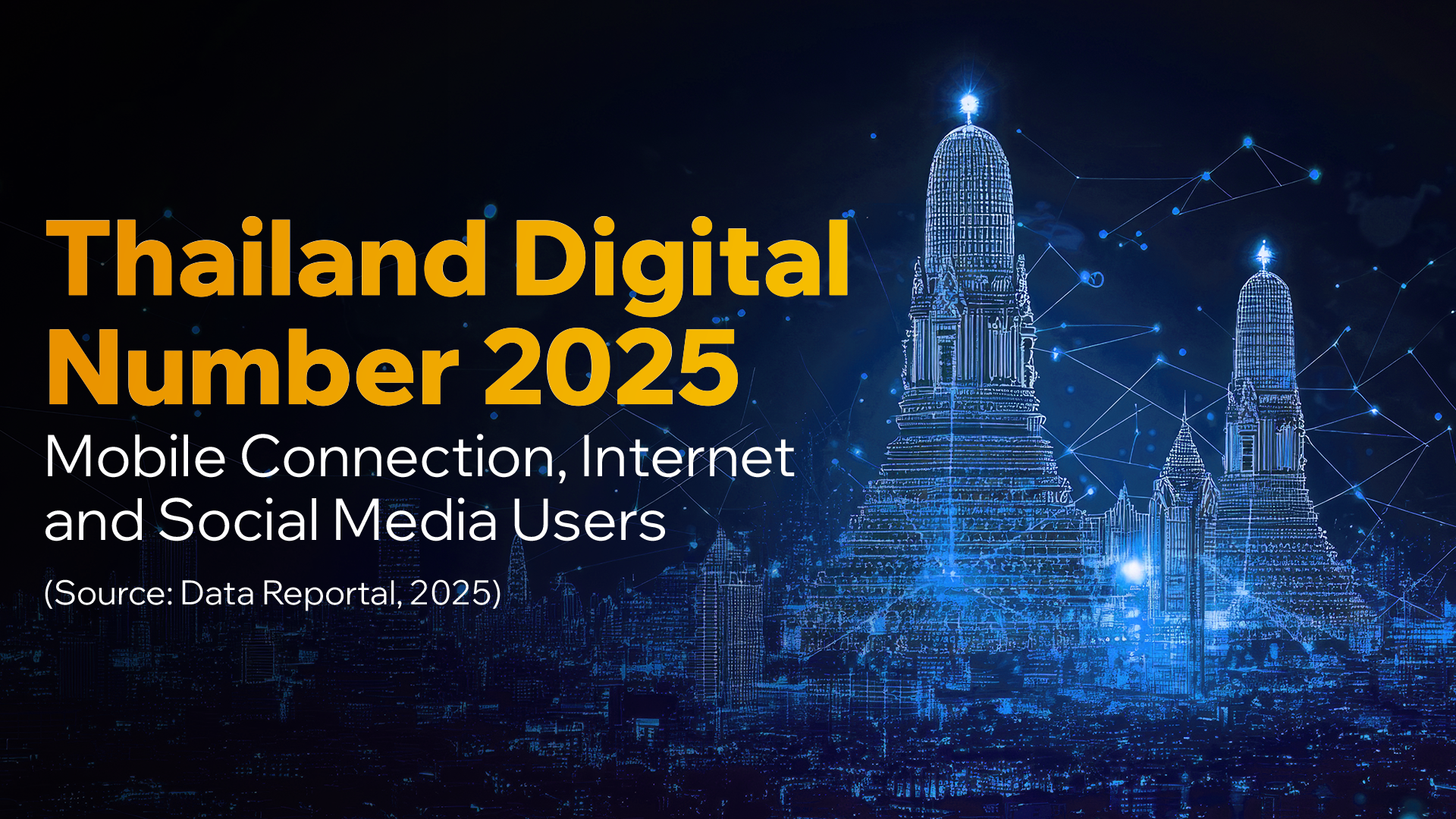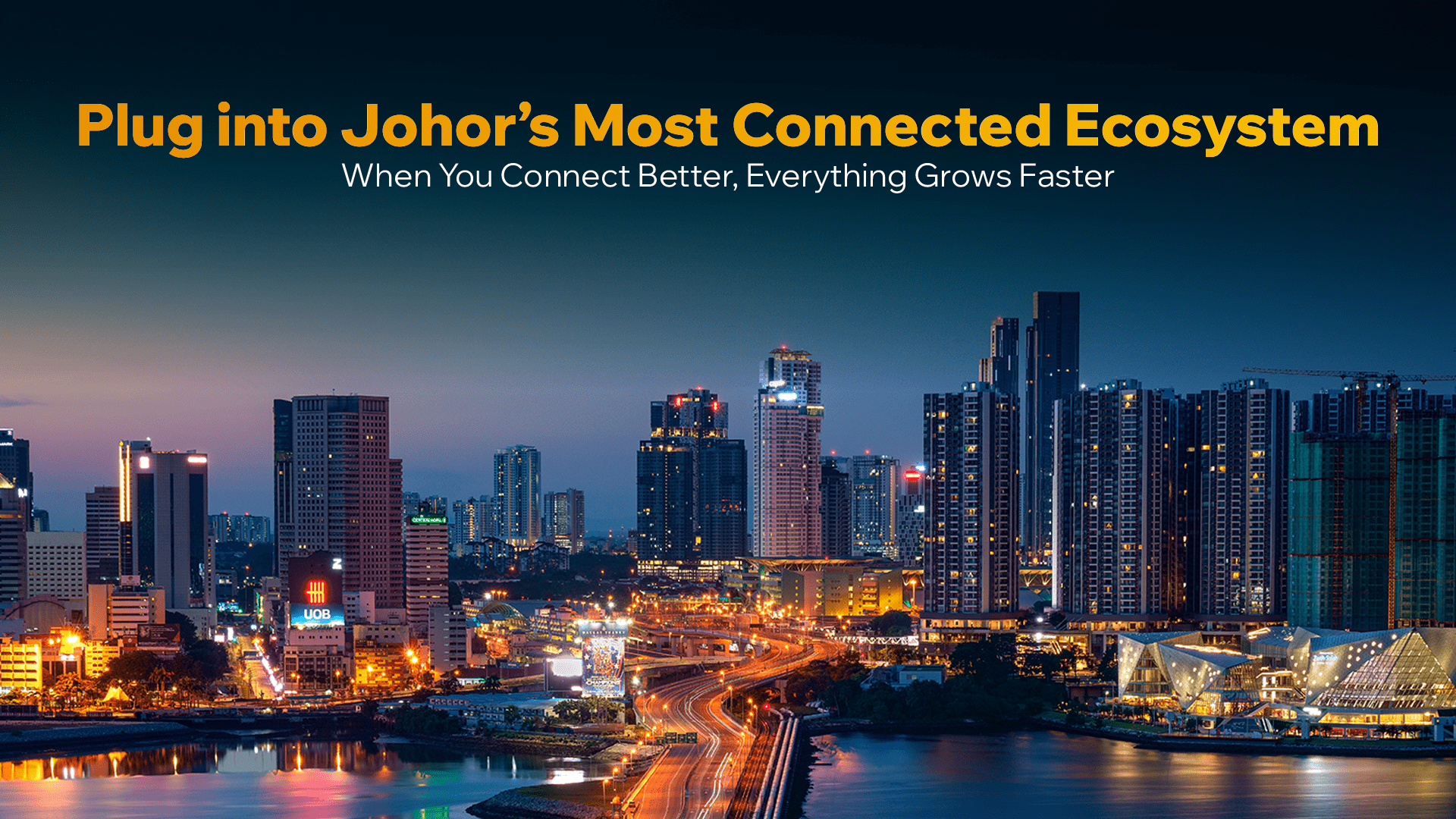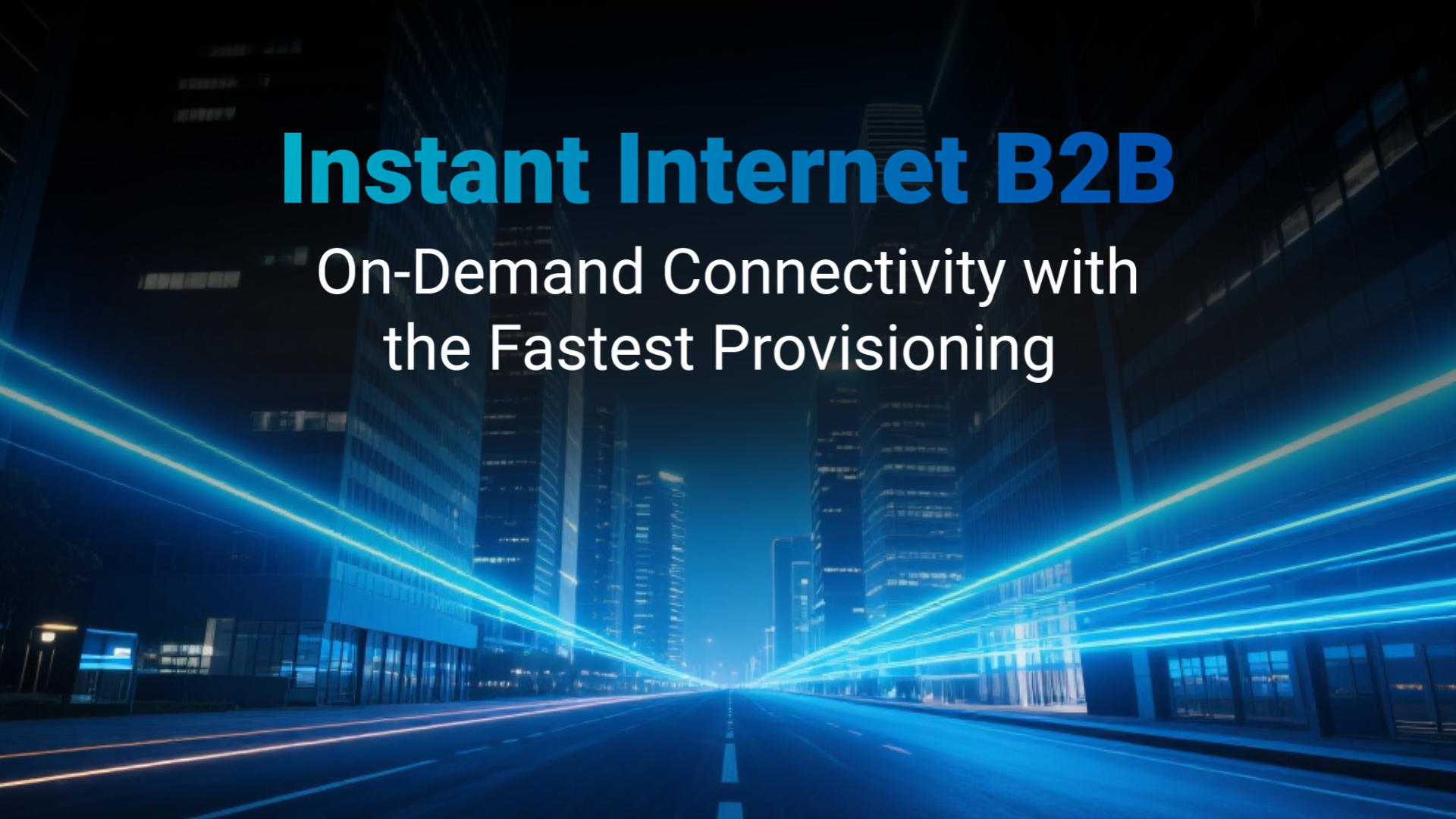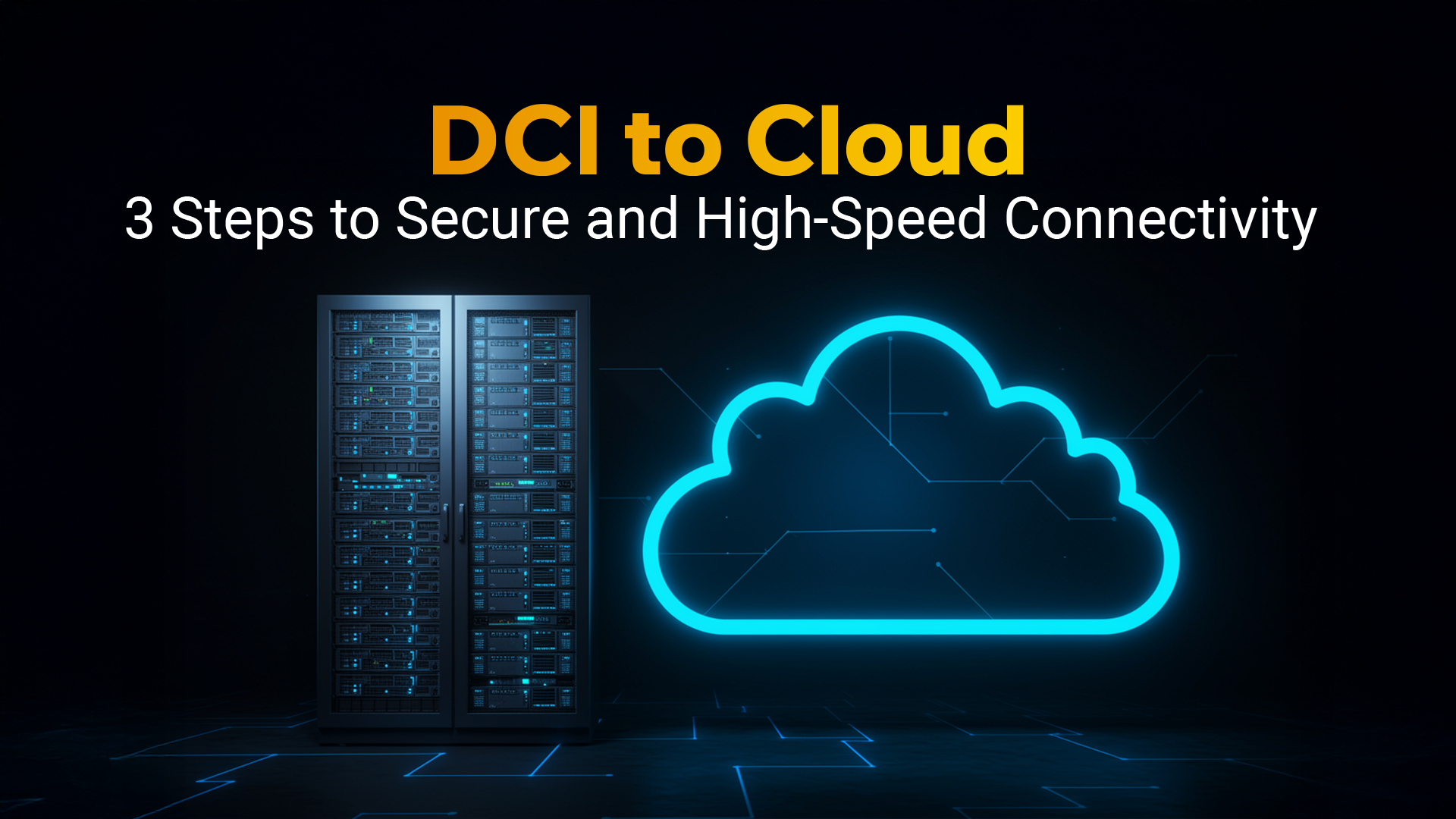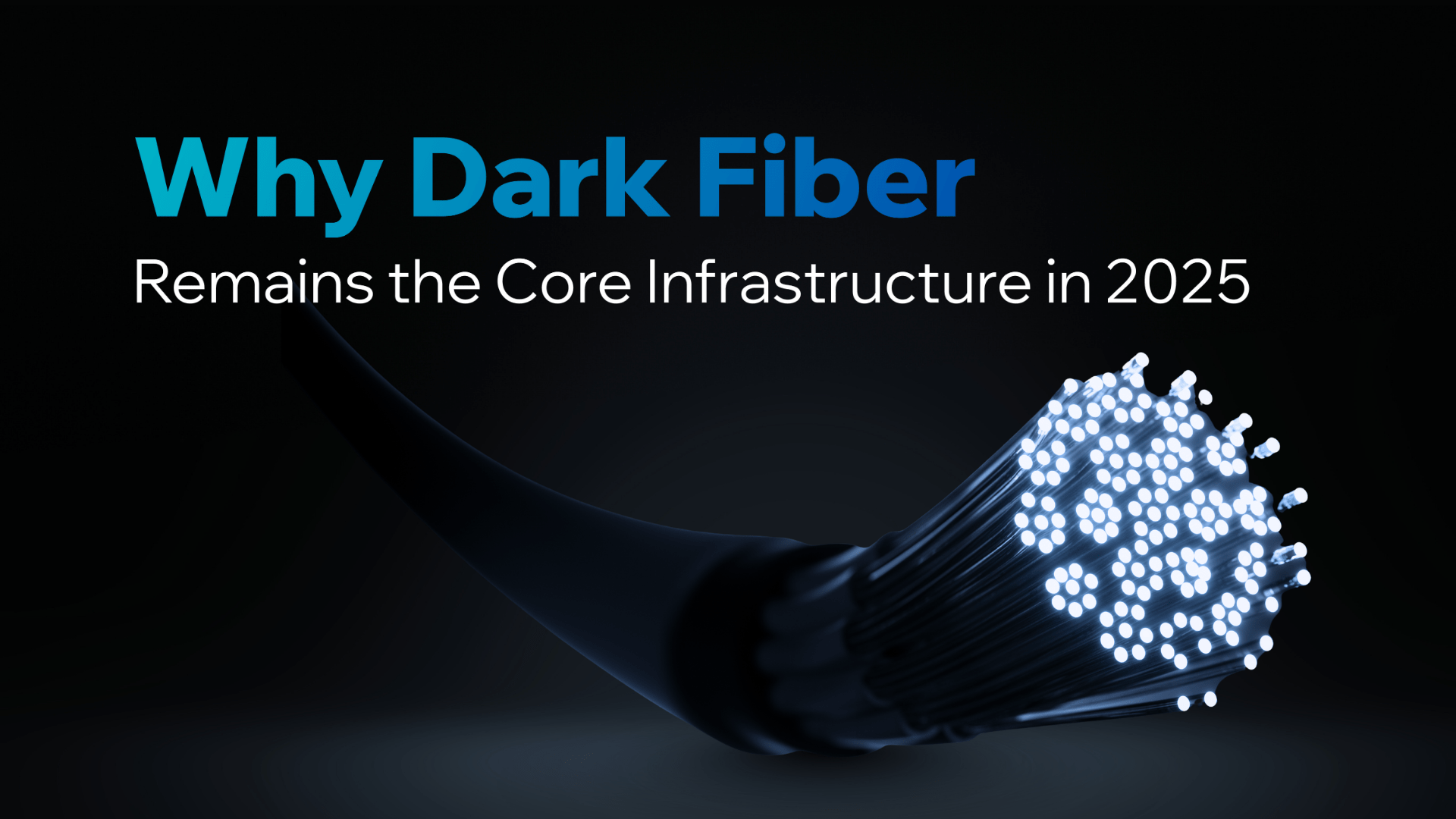
Why dark fiber remains the core infrastructure in 2025
In 2025, dark fiber continues to serve as the foundation of global digital infrastructure. As data consumption accelerates due to cloud computing, AI workloads, 5G expansion, and real-time applications, enterprises and service providers require connectivity that is scalable, secure, and fully controllable. Dark fiber delivers all three. According to DCConnect Global, dark fiber is no longer excess capacity it is a strategic asset powering modern digital ecosystems. Dark Fiber as the Backbone of the Digital Economy Dark fiber refers to unused optical fiber strands that can be leased or owned and “lit” by the customer using their own equipment. This model gives organizations full control over bandwidth, routing, and performance. With exponential growth in data traffic driven by hyperscale cloud, content delivery, and enterprise digital transformation, shared networks and traditional lit services are increasingly insufficient. Dark fiber enables private, dedicated connectivity that supports mission-critical operations without congestion or dependency on third-party service limitations. DCConnect Global positions dark fiber as the invisible highway enabling high-capacity, high-reliability data movement across regions and data centers. Unlimited Scalability and Future-Proof Capacity One of the strongest reasons dark fiber remains core infrastructure in 2025 is scalability. Unlike lit services that are constrained by predefined bandwidth tiers, dark fiber allows organizations to scale capacity simply by upgrading optical equipment. Enterprises can move from 10 Gbps to 100 Gbps, 400 Gbps, and beyond without deploying new physical infrastructure. This makes dark fiber a future-proof solution for long-term network planning, especially for data-intensive industries such as cloud providers, financial services, and content platforms. Cost Efficiency Over the Long Term While dark fiber may involve higher upfront investment, it offers significant long-term cost advantages for organizations with sustained high traffic volumes. There are no recurring bandwidth charges tied to usage levels, and network upgrades depend on hardware evolution rather than renegotiating service contracts. Over time, this results in a lower total cost of ownership compared to continuously scaling managed or lit fiber services. DCConnect Global highlights dark fiber as a financially strategic option for enterprises seeking predictable costs and infrastructure ownership. Full Network Control and Enhanced Security Dark fiber provides complete control over network architecture, routing, and security policies. Because the fiber is dedicated, traffic is isolated from public networks, reducing exposure to congestion and external threats. This level of control is particularly important for industries handling sensitive data, including finance, healthcare, government, and cloud infrastructure providers. Organizations can implement their own encryption, monitoring, and redundancy strategies without relying on shared carrier environments. Ultra-Low Latency and High Performance Performance consistency is a defining advantage of dark fiber. Dedicated routes eliminate contention, delivering predictable latency and throughput. This makes dark fiber essential for applications such as high-frequency trading, inter-data-center connectivity, real-time collaboration platforms, 5G backhaul, and AI model training. As performance requirements tighten in 2025, dark fiber remains unmatched in delivering deterministic network behavior. Strategic Role in National and Smart Infrastructure Dark fiber is no longer limited to enterprise use cases. Governments and telecom ecosystems increasingly treat dark fiber as national digital infrastructure. It supports smart city deployments, 5G and future mobile networks, disaster recovery frameworks, and regional economic development. DCConnect Global emphasizes the role of dark fiber in enabling country-level digital resilience and long-term connectivity strategy. Conclusion Dark fiber remains the core infrastructure in 2025 because it delivers what modern digital systems demand: scalability, control, security, performance, and cost efficiency at scale. Rather than being a legacy asset, dark fiber is a future-ready foundation that supports cloud, AI, 5G, and next-generation digital services. As connectivity becomes a strategic differentiator, dark fiber continues to sit at the center of global network architecture.


